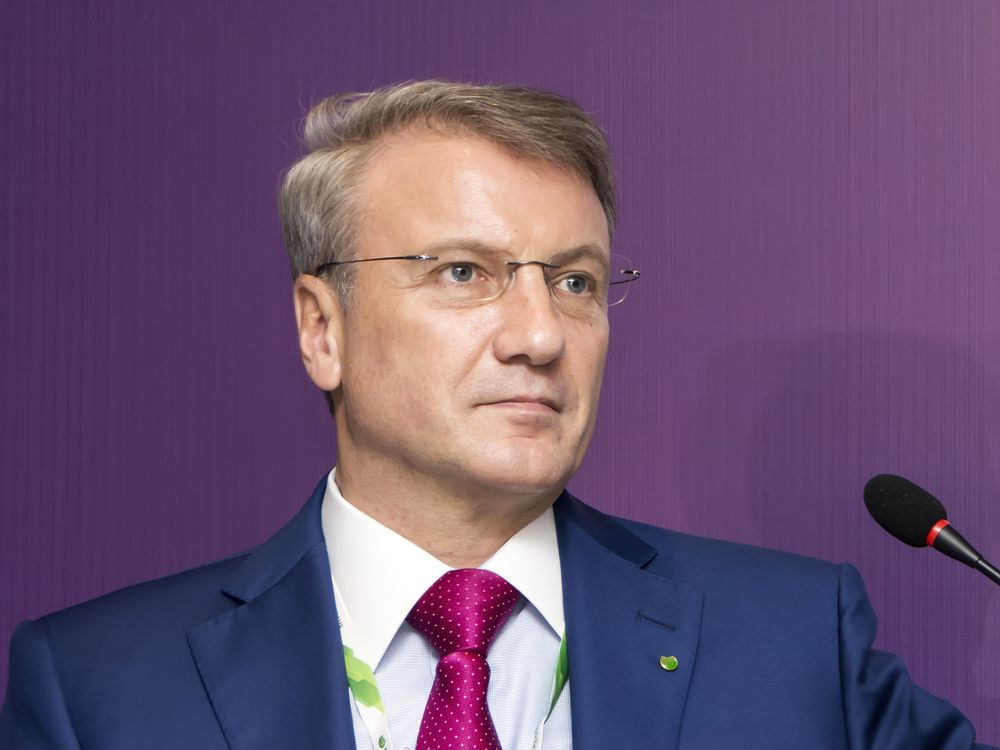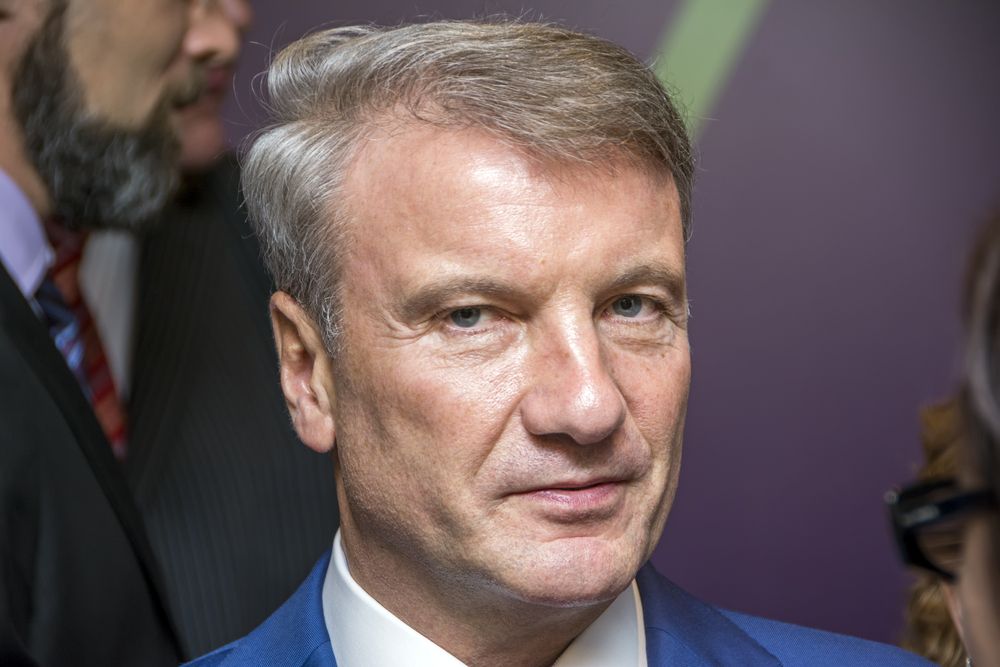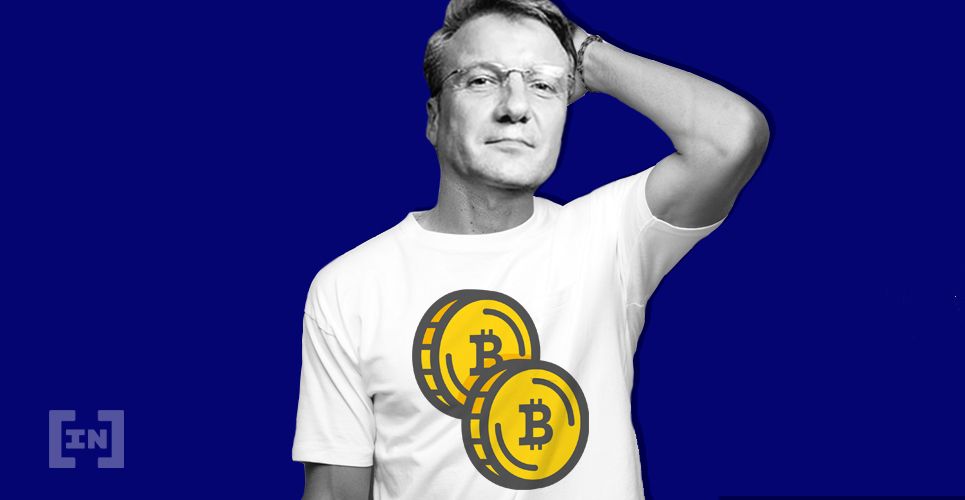Forget about the infamous Bitcoin pizza. The head of Russia’s largest lender has some T-shirts that cost approximately his total annual income.
Herman Gref, the former Minister of Economy in Russia and now the CEO of Sberbank — the largest state-owned bank that serves about 70 percent of the Russian population — is not a stranger to the cryptocurrency industry. Speaking in the recent interview with the local TV channel NTV, Mr. Gref said that he experimented with digital money some time ago and even bought some T-shirts with Bitcoin when it cost about $1-$5 per coin. Now, the amount he paid for those pieces of casual wear is, essentially, a small fortune.
What happened to the expensive T-shirts remains unknown, though Gref does not regret the purchase. He also added that he lost some coins together with the keys to his wallet — though he doesn’t seem to be very upset about it. “It’s like a casino, and I am not a casino player,” he said.
Contrary to the popular view of Bitcoin as a store of value, Gref thinks it is a tool that can facilitate transactions rather than an investment instrument. Moreover, he believes digital money has no future because the state would never allow such decentralization that has the potential to weaken its powers. Speaking in the interview in 2018, Gref said that no country would accept a decentralized money ecosystem in the next ten years, at best.

Blockchain Is Huge
Top managers from state authorities and traditional financial institutions all over the world tend to separate cryptocurrencies from blockchain technology, and Gref is no exception. The head of Sberbank believes that blockchain technology is still immature for any practical application — but it has enormous potential as next-generation technology.
Sberbank Backs Off
Apart from that, Gref confirmed that Sberbank abandoned its cryptocurrency-related projects due to the critical position expressed by the Russian Central Bank. He commented:We never had any extraordinary plans for cryptocurrency projects and never imposed digital money upon our customers. We just followed the trend. However, I am glad that the hype has gone, making way to the blockchain technology development.Sberbank announced the decision to scrap crypto projects at the end of May. The lender was discouraged by the lack of clear and loyal legislation that would allow trading with digital money, while the regulator remained highly skeptical about this product. In January 2018, Andrey Shemetov, the vice-president of Sberbank, said that the lender was going to launch cryptocurrency trading services via its Swiss-based subsidiary, Sberbank (Switzerland) AG. As digital money is often associated with significant risks, the bank wanted to make the service available only to institutions. In mid-May 2019, the head of the Bank of Russia, Elvira Nabiullina, said that the financial regulator is opposed to cryptocurrency in the country’s monetary system. She noted that it is much more critical to develop settlements with other countries in national currencies. Do you buy things with Bitcoin? Is it a store of value, a means of payment or a transaction processing technology after all? Let us know what you think in the comments below.
Top crypto projects in the US | April 2024
Trusted
Disclaimer
In adherence to the Trust Project guidelines, BeInCrypto is committed to unbiased, transparent reporting. This news article aims to provide accurate, timely information. However, readers are advised to verify facts independently and consult with a professional before making any decisions based on this content. Please note that our Terms and Conditions, Privacy Policy, and Disclaimers have been updated.

Tanya Chepkova
Tanya started as a financial news feed translator and worked as a financial analyst, news editor and content creator in various Russian and Foreign media outlets. She came to the cryptocurrency industry in 2016.
Tanya started as a financial news feed translator and worked as a financial analyst, news editor and content creator in various Russian and Foreign media outlets. She came to the cryptocurrency industry in 2016.
READ FULL BIO
Sponsored
Sponsored
